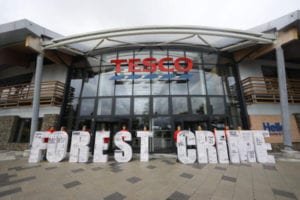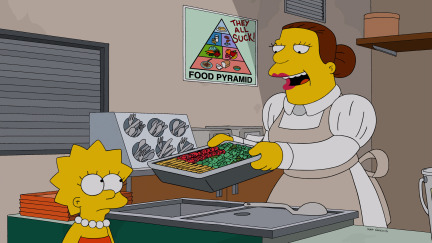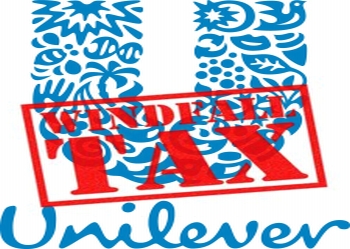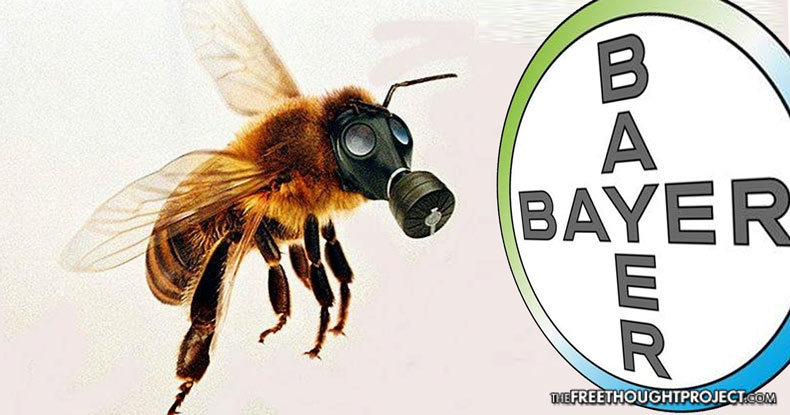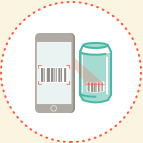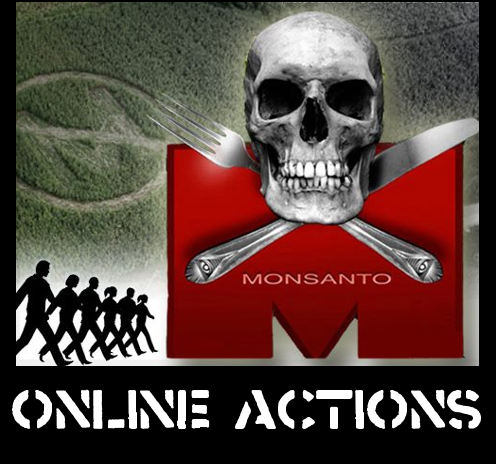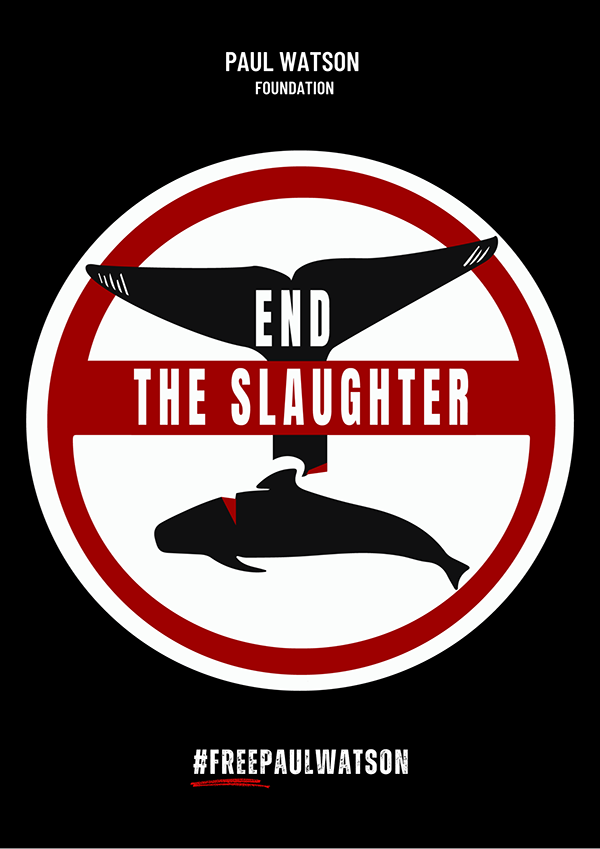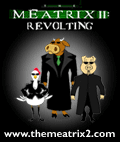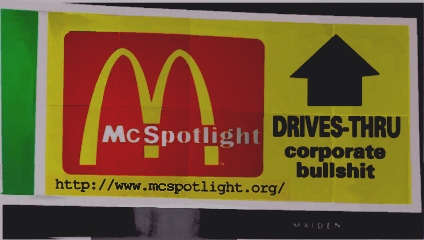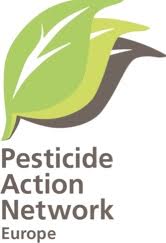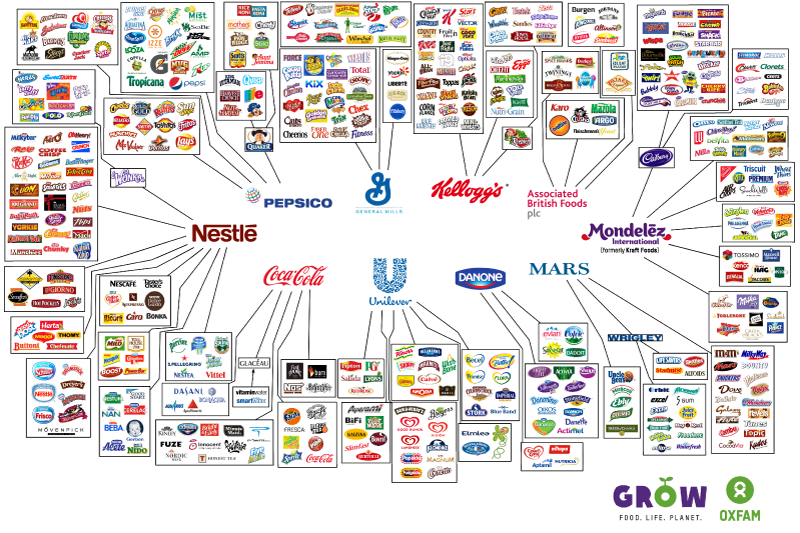Soy supply chain links TESCO to forest destruction.
An investigation of environmental group Mighty Earth shows that UK's top retailer Tesco is a basket of problems for the Amazon rainforest. Tesco continues to do business with known forest destroyers.
Stand in solidarity with "Letzte Generation".
Boycott International Food Companies is in solidarity with the activists of the climate movement "Letzte Generation" (last generation before the climate tipping points), which are affected by the nationwide raid in Germany executed by the Munich General Prosecutor's Office.
KRAFT HEINZ stay out of school lunches.
Starting in fall this year, the ready-to-eat packaged meals known as Lunchables will be on the menu for children in public schools.The manufacturer, Kraft Heinz Company, claim they meet US federal nutritional guidelines. Food experts doubt their nutritional value.
Unilever and Nestlé profit from food crisis.
The impacts of the food crisis are felt hardest in countries of the global South. Food corporations claim that they raised prices to compensate inflation, but in reality they make huge profits. Taxes on windfall profits of international food corporations could help people struggling with rising food and energy prices.
EU Pesticide Reduction proposal under attack.
Lobbyists from pesticide industry group Croplife and industrial farming group Copa-Cogeca developed a strategy to delay the legislative proposal for pesticide reduction. It's a slap in the face of the 1,1 million Europeans that signed for ambitious pesticide reduction.
TAX MEAT TO FIGHT THE CLIMATE CRISIS
How poorer households could benefit from a meat tax, 2022-11-24
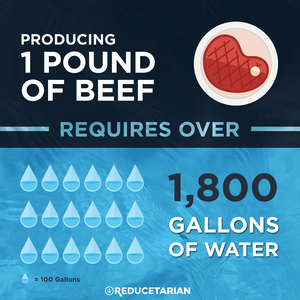
JBS, the world's largest meat company, has increased its greenhouse gas emissions by a staggering 51% over the last five years and is now responsible for greater emissions than Italy's annual climate footprint. In an attempt to greenwash their public reputation, meat companies around the world are trying to follow the hype about plant-based proteins. JBS launched its first line of meat alternatives in 2020. America's largest poultry producer, Tyson Foods, released its own line of fully plant-based products to take advantage of this rapidly growing food segment. The time is ripe for a tax on meat! Taxes on meat and dairy are inevitable to decarbonise agriculture fast enough for limiting global heating to below 1.5°C. If implemented correctly, doesn't increase the pressure on poorer households or the farmers. The meat tax should be levied on all firms selling meat, including restaurants and supermarkets. Some of the revenue raised by the tax could be given directly to farmers, rewarding their work for stewarding the land and restoring peat bogs. At the same time that meat and dairy become more expensive, sustainable plant-based foods should become more affordable. Using revenue from a meat tax to cut value-added taxes on fruit, vegetables, and grains could encourage people to reduce their consumption of animal products. Cooking with vegetables is not difficult - have a go at our vegetarian recipes here!
